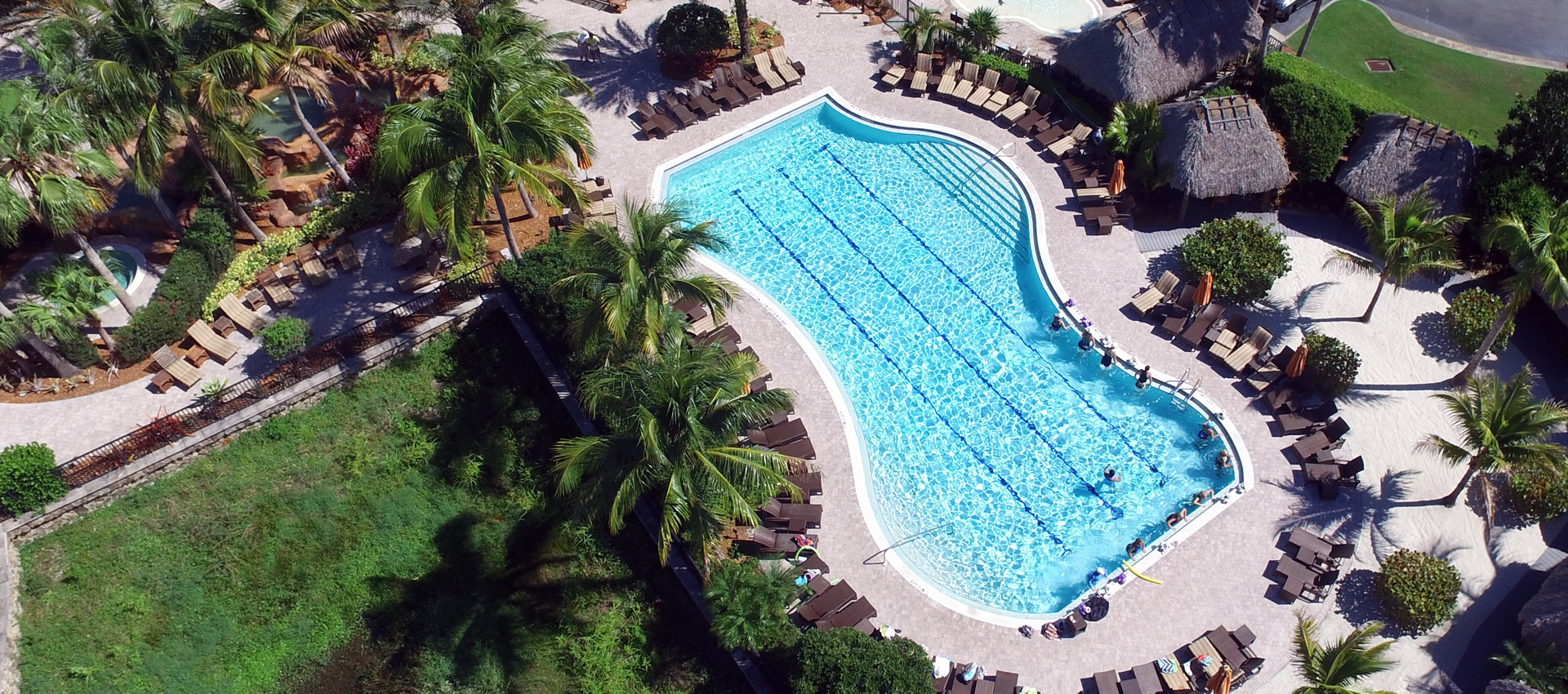WHAT WILL THE CDD DO?
Through a CDD, the community can offer its residents a broad range of community-related services and infrastructure to help ensure the highest quality of life possible. CDD responsibilities within our community may include storm water management, potable and irrigation water supply, sewer and wastewater management, and street lights.
HOW CDDS OPERATE
A CDD is governed by its Board of Supervisors which is elected initially by the landowners, then begins transitioning to residents of the CDD after six years of operation. Like all municipal, county, state, and national elections, the Office of the Supervisor of Elections oversees the vote, and CDD Supervisors are subject to state ethics and financial disclosure laws. The CDD’s business is conducted in the “Sunshine,” which means all meetings and records are open to the public. Public hearings are held on CDD assessments. and the CDD’s budget is subject to annual independent audit.
RELATIONSHIP WITH PASEO HOAS
The CDD complements the responsibilities of community homeowner’s associations (HOAs). Many of the maintenance functions handled by these associations in other communities may be handled by the CDD. However, the associations have other responsibilities such as operating amenities and ensuring that deed restrictions and other quality standards are enforced. The CDD may contract with the master homeowner’s association to perform maintenance functions.
BENEFITS TO RESIDENTS
Residents within a community with a CDD may expect to receive three major classes of benefits. First, the CDD provides landowners consistently high levels of public facilities and services managed and financed through self-imposed fees and assessments. Second, the CDD ensures that these community development facilities and services will be completed concurrently with other parts of the development. Third, CDD landowners and electors choose the Board of Supervisors, which is able to determine the type, quality and expense of CDD facilities and services.
Other savings are realized because a CDD is subject to the same laws and regulations that apply to other government entities. The CDD is able to borrow money to finance its facilities at lower, tax-exempt, interest rates, the same as cities and counties. Many contracts for goods and services, such as annually negotiated maintenance contracts, are subject to publicly advertised competitive bidding.
Residents and property owners in a CDD set the standards of quality, which are then managed by the CDD. The CDD provides perpetual maintenance of the environmental conservation areas. This consistent and quality-controlled method of management helps protect the long term property values in a community.
THE COST OF A CDD
The cost to operate a CDD is borne by those who benefit from its services. Property owners in the CDD are subject to a non-ad valorem assessment, which appears on their annual property tax bill from the county tax collector and may consist of two parts—an annual assessment for operations and maintenance, which can fluctuate up and down from year to year based on the budget adopted for that fiscal year—and an annual capital assessment to repay bonds sold by the CDD to finance community infrastructure and facilities, which annual assessments are generally fixed for the term of the bonds. Because costs and services vary depending upon the individual CDD, specific fee information is available for each community.
LASTING VALUE
The CDD makes it possible for our community to offer the most desirable elements of a master-planned community. Residents enjoy high quality infrastructure facilities and services with the comfort and assurance of knowing that the standards of the community will be maintained long after the developer is gone. With a CDD in place, residents are assured of the ability to control quality and value for years to come.

